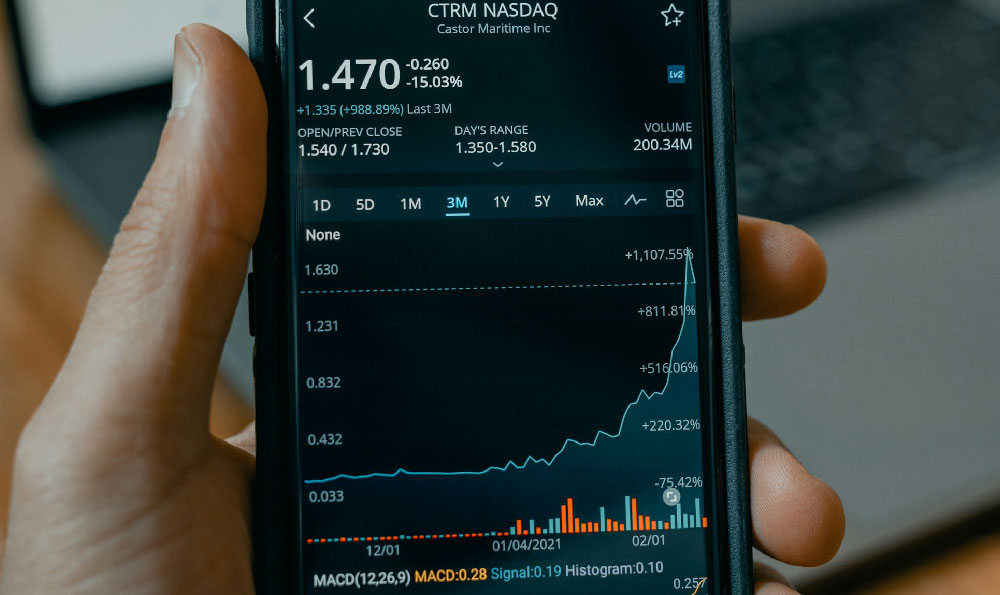SoundCloud, as one of the pioneers in the digital music streaming landscape, has long been a platform where creators can share their work and potentially monetize it. While its primary function remains a space for artistic expression, the evolution of its monetization tools has opened avenues for users to generate income. However, the reality of earning money through SoundCloud is nuanced, requiring a strategic approach to navigate its ecosystem effectively. Let's delve into the various dimensions of SoundCloud's monetization strategies, the factors influencing earnings potential, and the broader implications for independent creators in a competitive industry.
SoundCloud's monetization model is built on a combination of direct and indirect revenue streams. At the core of its system is the subscription-based revenue sharing plan, which allows artists to earn money from listeners who pay for premium access. This plan operates on a tiered structure, with creators receiving a percentage of the subscription fees based on their performance metrics. Additionally, the platform offers advertising revenue through its sponsored tracks program, where brands can pay to have their commercials played alongside user-generated content. The ad-based revenue model, however, is subject to the platform's own regulations and the volume of ads integrated into a track.
Another facet of SoundCloud's monetization strategy is the brand partnership opportunities available to creators. Established artists often collaborate with brands or companies, leveraging their audience reach to secure sponsorships. This form of monetization is especially appealing to those with a substantial following, as it can offer more substantial financial rewards compared to the base subscription or ad-based earnings. Furthermore, the platform has introduced features for emerging artists to monetize their work through direct fan support, such as the "SoundCloud Pro" subscription, which enables artists to receive royalties from streaming activity and access exclusive tools for managing their music.

The potential for SoundCloud to be a profitable platform is influenced by several factors. First, the platform's user base and traffic patterns play a crucial role in determining visibility. SoundCloud's global reach provides an opportunity for creators to connect with international audiences, which can translate into higher earnings. However, its market share compared to platforms like Spotify and YouTube means that the volume of streams might differ, impacting the overall income. Second, the quality and consistency of content are paramount. Artists who produce high-quality music regularly tend to build a loyal audience, which can lead to increased engagement and more opportunities for monetization.
Third, the choice of monetization method is critical. SoundCloud's subscription model, for example, requires creators to meet certain criteria, such as a minimum number of plays, to qualify for the revenue share. This can be a double-edged sword; while it ensures a level of performance, it also means that creators with lower engagement might not see significant returns. On the other hand, brand partnerships often depend on an artist's influence and audience engagement, which can vary based on genre, promotional efforts, and the nature of the content itself.
Moreover, the platform's policies and updates can shape the income potential for creators. For instance, SoundCloud has periodically revised its algorithms to prioritize certain types of content or adjust how revenue is distributed. These changes can affect the visibility of tracks, influencing the number of plays and, consequently, the earnings. Artists must stay informed about such updates and adapt their strategies accordingly.
The actual income generated through SoundCloud is often influenced by the scale of an artist's audience and the number of streams. For independent creators with a small following, the earnings might be minimal, primarily due to the lower volume of plays and the platform's revenue-sharing rates. However, for those who manage to build a significant following, the potential for income can increase substantially. It's important to note that these earnings are typically not a consistent income stream; they can fluctuate based on the platform's algorithms, market trends, and the overall demand for the type of content being shared.
In contrast to traditional music distribution models, SoundCloud offers a more flexible and decentralized approach. This freedom allows creators to explore different monetization strategies, such as selling exclusive tracks on their own, collaborating with brands, or engaging in live streaming. These alternative methods can provide additional avenues for income, but they require a strategic understanding of the platform's dynamics and the ability to leverage audience engagement effectively.
Ultimately, whether SoundCloud can be a viable source of income depends on an artist's approach, creativity, and ability to navigate the platform's ecosystem. While the platform's monetization tools are not as comprehensive as those of larger streaming services, they still offer opportunities for growth and income generation. For those who are willing to invest time in building their audience, optimizing their content, and exploring various monetization options, SoundCloud can be a tool for success. However, it's essential to recognize that the platform may not be a guaranteed source of income, and creators must have realistic expectations and a diversified strategy to thrive in the competitive music industry.












